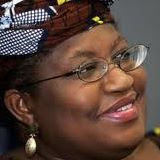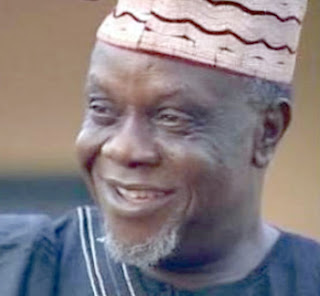Okonjo-Iweala Talks Of Africa’s Future
This weekend, Dr. Ngozi Okonjo-Iweala was the keynote speaker at the Harvard Africa Business Club Conference. The conference is truly a spectacular event calling together dignitaries, professionals, and students from all across the African Diaspora. More than 1200 guests were in attendance at her talk and dignitaries included:
-Honorable Miles Sampa, Deputy Finance Minister of Zambia
-Honorable Professor Adebowale Ibidapo Adefuye, the Nigerian ambassador to the United States
-Mr. Jean-Louis Ekra, the President of the African Export-Import Bank
-Mr. Acha Leke, Head of McKinsey Lagos Office
-Professor Wole Soboyejo, President and Provost of the African University of Science and Technology
-Mr. Leslie Nelson, Managing Director of General Electric West Africa
-Ms. Louisa Mojela, Chairman and CEO of WIPHOLD, a prominent black and women focused investment group in South Africa
The theme of the conference was “Redefining Africa,” and it was a look at the changing paradigm of the “dark continent” to the continent where the best opportunities are amongst the brightest in the world. Listen Okonjo-Iweala’s four-part speech above (use the arrows on the side of each video to navigate to the next part). Below are some choice excerpts:
1. “Just last week, The Financial Times newspaper reported cheekily that: There is a second scramble for Africa under way…Nigerian stocks have returned almost 63 percent in US dollar terms during the past 12 months, Kenya’s Nairobi All-Share index has returned 46 percent and Ghana’s market has climbed more than 17 percent”
2. “The African middle class has tripled since the 1980s with a total size of about 313 million people or 34 percent of the population. This middle class is growing largely because of sustained economic growth, more salaried jobs and the growth of the services sector. So I am convinced that there is an emerging story on Africa today. The question is: What role would each of you play in this new story?”
3. “Despite Africa’s recent strong growth and rising middle class, many poor households are being left behind, and the gap between the rich and the poor is widening. As the Arab Spring has taught us, rising inequality and youth discontent could have serious political consequences. In Africa, we must take deliberate actions to address this by introducing social protection measures, which target these poor households. In Nigeria, we recently introduced the Community Services Scheme which aims at engaging unskilled youth in labor-intensive activities, and also a Graduate Internship Scheme. About 119,000 youth across the country are to be engaged in the first quarter of this year.”
4. “African leaders should also build institutions which promote transparency and accountability in the management of the resource revenues. In Nigeria, we are building and maintaining institutions for managing our natural resources. Today, we have built a buffer of excess crude savings of about $9 billion, while establishing a Sovereign Wealth Fund with an initial capitalization of $1 billion. Clearly, transparency and fighting corruption will be critical to harness as much of our domestic resources as possible.”
5. “What services can you – our young African Zuckerberg entrepreneurs – deliver to the continent?”
6. “The third US President, Thomas Jefferson, once remarked that he ‘liked the dreams of the future better than the history of the past.’ I think the same can be said of my view for Africa in the coming years. I am optimistic that you, the next generation of entrepreneurs and young professionals in Africa will rise to this challenge in contributing to a more prosperous Africa. You are the reason why I am optimistic about the continent’s future.”
What do you see in Africa’s future? 





Comments
Post a Comment